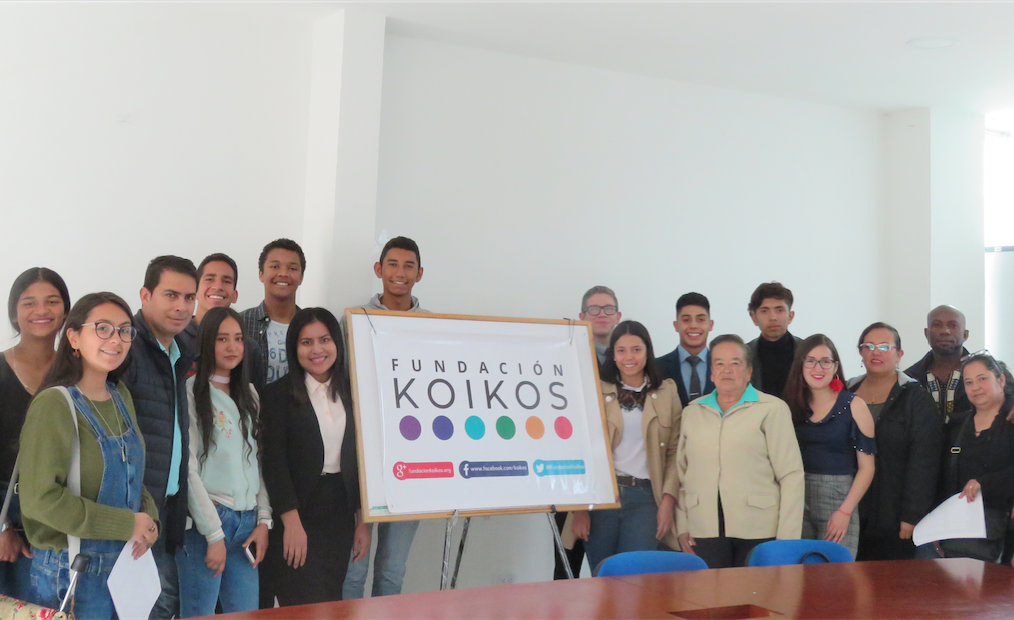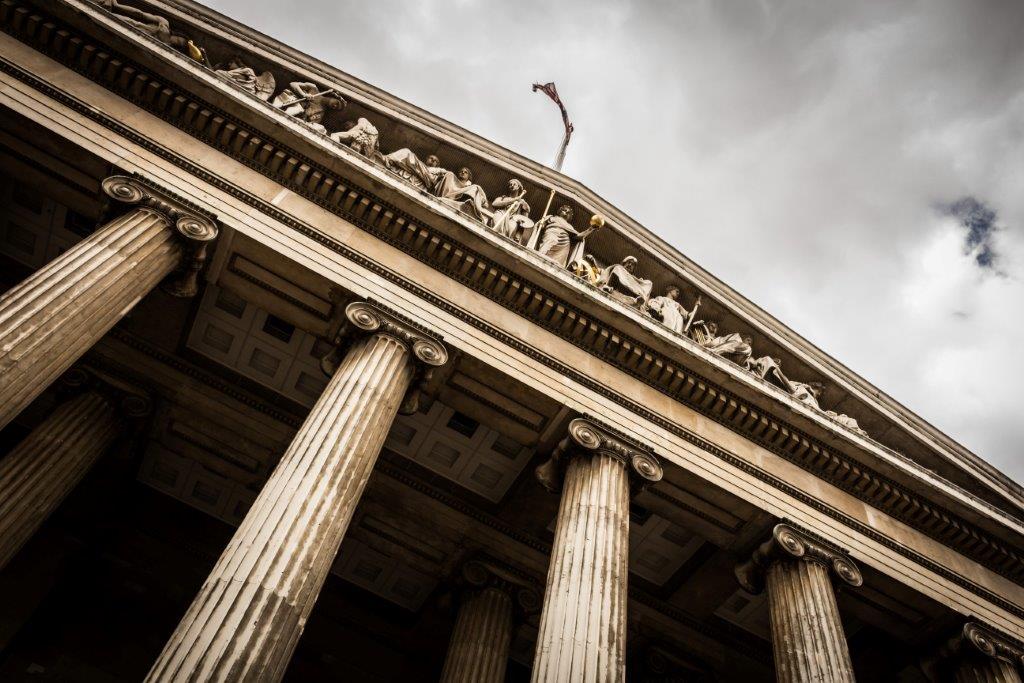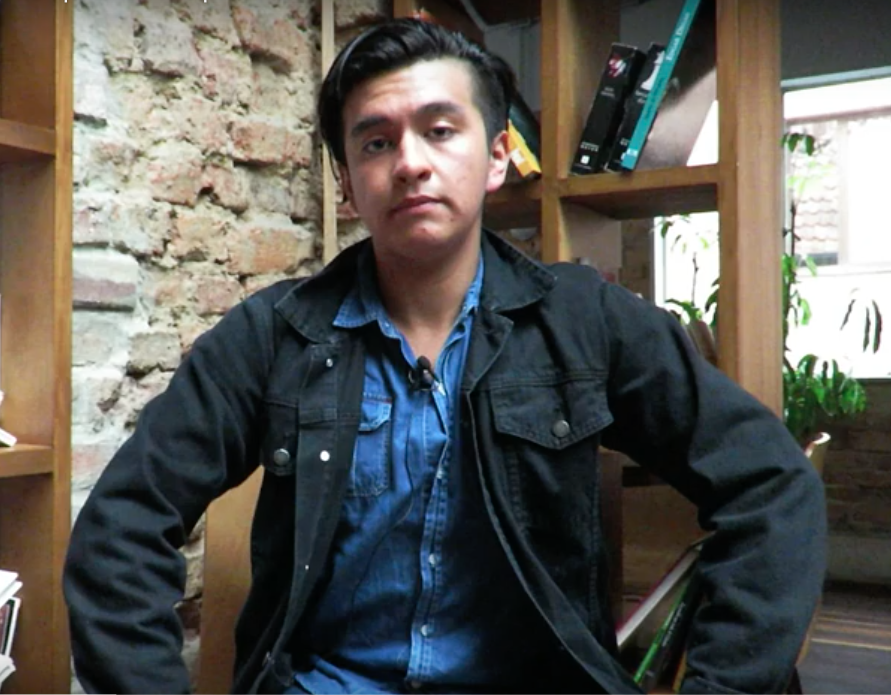In Fundacion Koikos we are promoting the use of the petition of right to foster transparency and empower low income residents of Bogota. In the first stage of our program we launched three workshops in public schools. We had a total of seventy-one participants including students, teachers and social leaders. In the workshops the participants learned how to utilise the right of petition to tackle everyday corruption.
The workshops have provided many valuable experiences to our team and there are some important lessons we have learnt about how to fight corruption.

Make it easy for people to understand their rights.
Our first challenge has been to help people to feel comfortable speaking about their rights, because most people feel intimidated by legal language. Before the workshops we produced educational materials that use everyday language rather than technical vocabulary. This was quite an innovation because material already exists about the right of petition in libraries and online, but all of them use technical language. We could not find any material that uses a more familiar language for people to easily understand, even books for primary school children use technical language.
Most booklets and videos about the right of petition start listing laws and regulations. This makes people feel intimidated and ignorant when they struggle to understand their rights. Therefore, in the materials we have produced and workshops we held, we have avoided to mention legal terminology. Before the workshops we thought that we would fight corruption after writing some petitions to request public information or to protect certain rights. However, we have realised that we are already fighting corruption by making information accessible to all.
People are more likely to fight corruption when it is part of their priorities.
We start our workshops by asking questions to the attendees to identify their interests and enable us to cover topics that feel relevant. We have understood that we empower them not only by teaching about their rights, but also connecting their interests to the purpose of fighting corruption. Every person has different priorities and we have found that the participants are more enthusiastic when, in our talks, we use examples that are related to their concerns and expectations.
This strategy has been effective to engage the participants with our project. However, it has been necessary to somewhat moderate expectations about what they can achieve with the petition. We believe that having people who are motivated to make small contributions for transparency is the realistic aim of the initial workshops. Therefore, we are focussing on generating small victories related to the experiences of individuals rather than more complex battles. We have recommended to the communities that when they start using the petition of right to fight corruption they need to consider the viability in every case.
Raising awareness about how to fight corruption and making people responsible for fighting corruption.
Raising awareness about corruption is as important as raising awareness about how to fight it. In Colombia, corruption is accepted because people feel powerless and unable to do something about it. People assume that only the government can fight corruption.
We are working on making everyone responsible for fostering transparency. During the workshops we insist that the attendees think about how they can establish small achievable targets. For instance, we have a social leader of Afro-Colombian communities in the centre of Colombia. He is using the petition to query the assignation of resources by the local government. The law states that there must be funding made available every year to celebrate the Afro-Colombian week. However, our collaborator has seen no evidence of this spending so would like to request the official records for how this budget is being used.
This is an example of a simple request that will give transparency to an issue affecting a community. We are arranging more similar cases to show that the petition is an easy and effective way to gain access to information. Furthermore, we will share the experiences of our initial petitions to demonstrate its value and encourage others to take action.
Written by Margarita Maria Mendez Sandoval, MA International Development, Co-founder, Fundacion Koikos www.fundacionkoikos.org
This project is part of the IACC Social Entrepreneurs, an initiative hosted by Transparency International.

